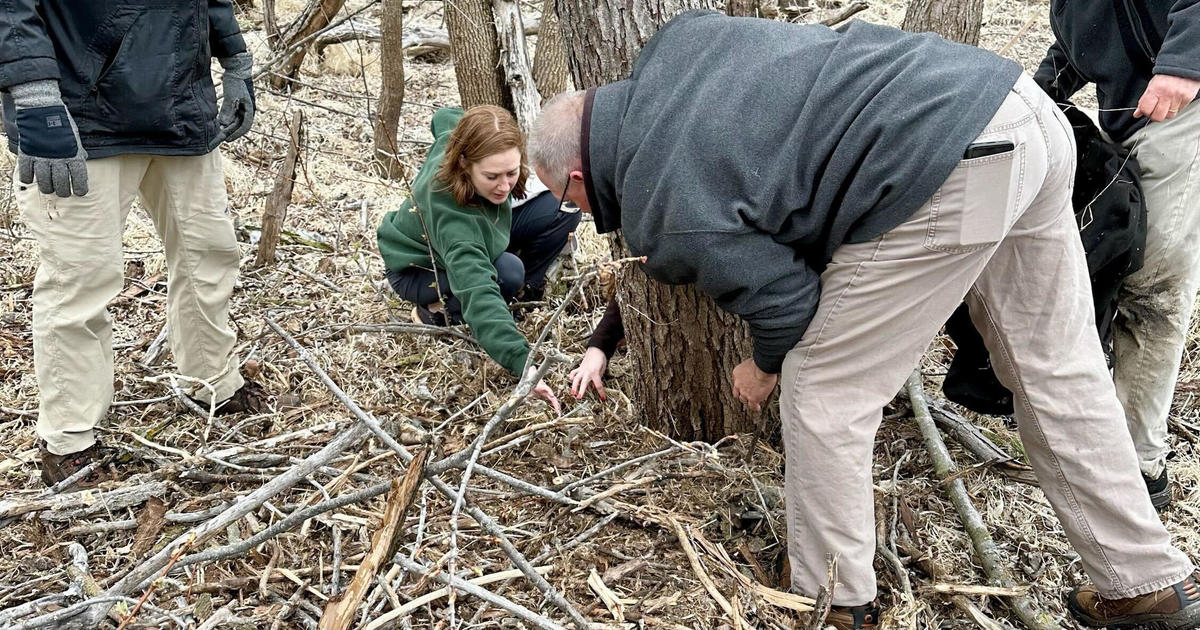Panel Says Federal Wolf Plan Used Unproven Science
BILLINGS, Mont. (AP) — A proposal to lift federal protections for gray wolves across most of the U.S. suffered a significant setback Friday as an independent review panel said the government is relying on unsettled science to make its case.
Federal wildlife officials want to remove the animals from the endangered species list across the Lower 48 states, except for a small population in the Southwest.
The five-member U.S. Fish and Wildlife Service peer review panel was tasked with reviewing the government's claim that the Northeast and Midwest were home to a separate species, the eastern wolf.
If the government were right, that would make gray wolf recovery unnecessary in those areas.
But the peer reviewers concluded unanimously that the scientific research cited by the government was insufficient.
That could make it difficult for federal officials to stick with their proposal as it now stands, further protracting the emotionally charged debate over what parts of the U.S. are suitable for the predators.
"The process was clean and the results were unequivocal," said panel member Steven Courtney, a scientist at the National Center for Ecological Analysis and Synthesis at the University of California in Santa Barbara. "The science used by the Fish and wildlife service concerning genetics and taxonomy of wolves was preliminary and currently not the best available science."
Wolves were added to the endangered species list in 1975 after being exterminated last century across most of the Lower 48 states under government-sponsored trapping and poisoning programs.
Hunting is already allowed for more than 5,000 wolves in the Northern Rockies and Great Lakes, where protections were lifted in 2011.
A struggling population of several dozen Mexican gray wolves in the desert Southwest would remain on the endangered list under the government's plan. The Southeast is home to a separate species, the red wolf, which remains highly endangered.
The release of the peer review findings opens another round of public input on a proposal that has received more one million comments.
"Obviously we do take the comments from peer reviewers very seriously and we need to take those into account," Fish and Wildlife Service spokesman Chris Tollefson said.
(© Copyright 2014 The Associated Press. All Rights Reserved. This material may not be published, broadcast, rewritten or redistributed.)



